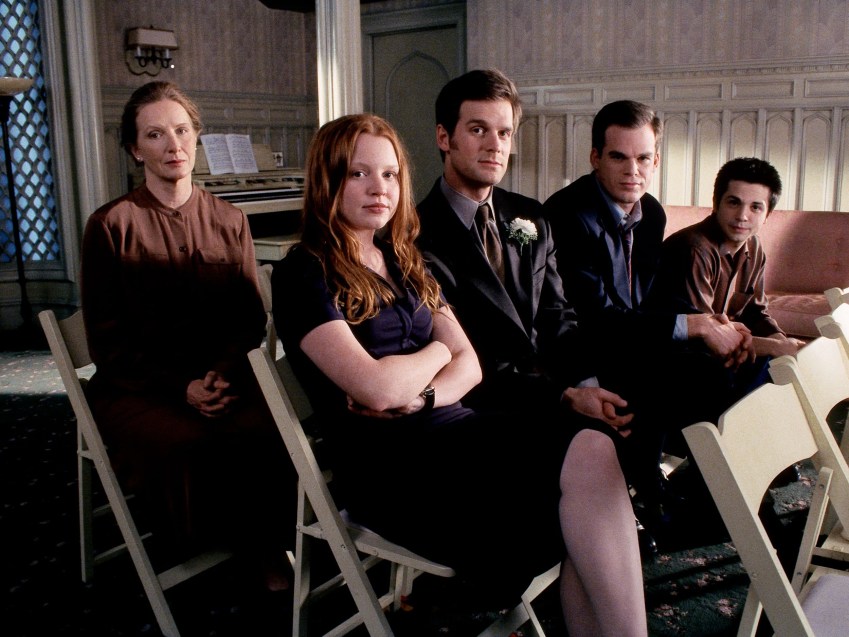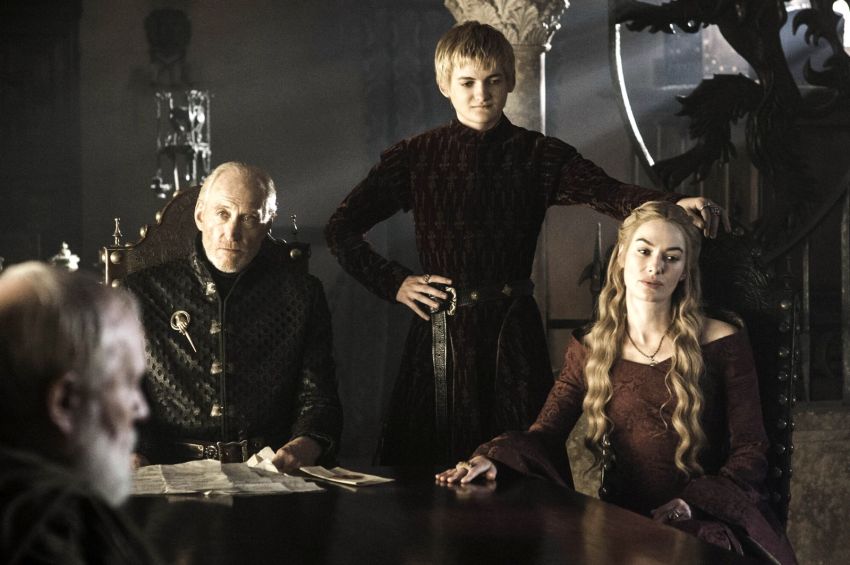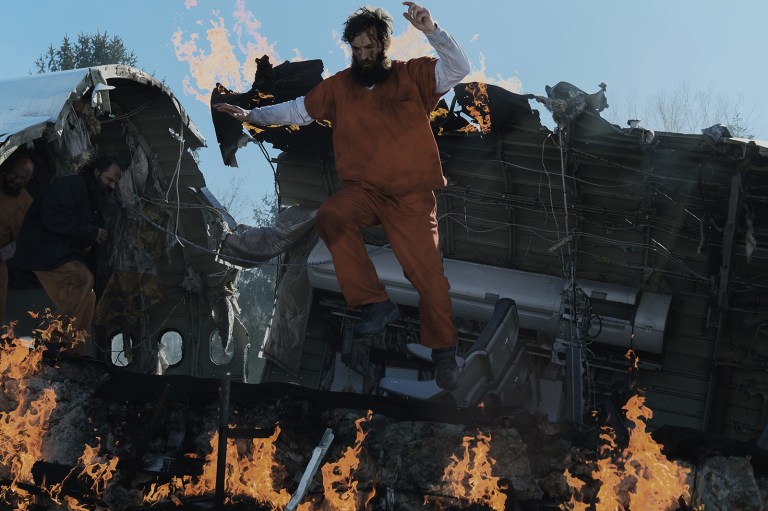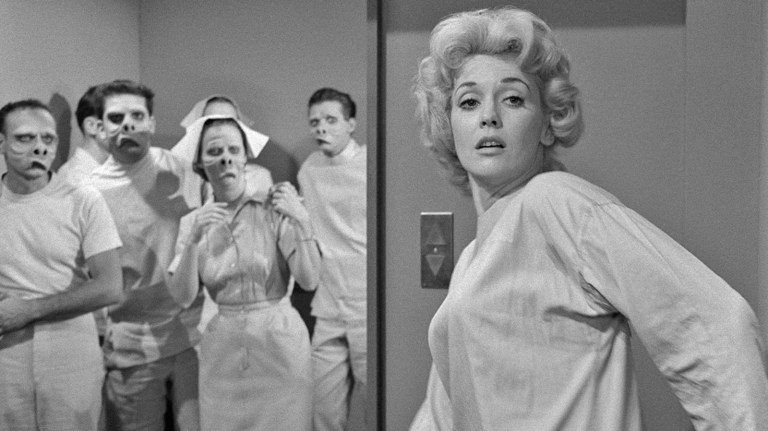
It’s Time For TV Seasons To Have More Than 10 Episodes Again
With streaming series dominating the cultural conversation these days, it’s rare to find a show that contains more than 8 to 10 episodes per season.
Broadcast series like Abbott Elementary, which maintain the 22 episode structure of days long past, feel increasingly quaint. Shows like House of the Dragon, which measure in at roughly $20 million per episode, attempt to take over the entire Internet for eight weeks of the year. They’re the closest thing we have to a globally unifying force. They’re also too short.
When did short seasons become a thing?

Short seasons are not a new concept. HBO loved a good 13-episode season back in its first Golden Age. The Sopranos and Six Feet Under regularly put out these cost-efficient microseasons in the late ‘90s and early ‘00s. Later, cable hits like Breaking Bad and Mad Men followed suit, laying the groundwork for Netflix to officially kick off the streaming era with 13-episode seasons of House of Cards and Orange is the New Black.
Then shows started getting more expensive. Game of Thrones was already rocking 10 episode seasons back in 2011 to save money for its massive battle sequences. On top of that, critics started pointing out “bottle episodes” in prestige series, highlighting how they interrupted the overall plot even while delivering satisfyingly unique premises. Viewers then started to notice these bottle episodes as well, declaring them “filler” on Twitter and giving money-conscious producers a justification to shorten even more series. By the late 2010s, 10-episode and even 8-episode seasons were becoming a regular occurrence.
Are $20 million special effects worth an unsatisfying story?
When big-budget series spin out ten-episode-long seasons, it’s usually to great effect. In its earlier seasons, Game of Thrones told a mind-boggling amount of story in just ten hours every year. But now that viewers have come to expect state-of-the-art effects, studios have begun ordering fewer episodes to ensure that every episode of a series can deliver realistic (and expensive) visuals. That’s how House of the Dragon ended up with an 8-episode Season 2. However, House of the Dragon Season 2 was also one of the most disappointing and infuriatingly dull seasons of television in recent memory. Its studio-mandated shortness pinched it off just before its creative climax, effectively edging viewers into a rage.
Shorter seasons can lead to premature death

The Wheel of Time didn’t suffer the same problem as House of the Dragon with its most recent (and final) season. In just eight episodes, it managed to not only juggle multiple storylines but also deliver a fulfilling finale. But some of the show’s fanbase was left unhappy after Seasons 1 and 2, and realized too late that Season 3 was the show’s best by far — and indeed, one of the best seasons of fantasy television in more than five years. It wasn’t until the final episode of Season 3 that Wheel of Time reappeared in the Nielsen’s Top 10 Originals Chart. This wasn’t enough for Amazon to consider saving it. As of May 24, 2025, the show had been cancelled.
Short seasons don’t pair well with two-year pauses

Major TV studios have had one goal and one goal only since 2019: to produce the next Game of Thrones. Vehemently and desperately, they have tried to rally all of Planet Earth around one of their shows — preferably, a fantasy property — and forge the next touchstone of pop culture. This has not happened. Neither House of the Dragon, The Witcher, or Rings of Power has seized the public consciousness in quite the same way Game of Thrones did. This is partly because Game of Thrones was significantly better and partly because there’s no time for these new shows to create buzz.
In order to capitalize on cutting-edge special effects, studios have had to elongate their production and post-production schedules even further, causing multi-year waits between seasons. When each of these seasons only contains eight to ten episodes, this means that the distractible Internet is only talking about these shows for about ten to twelve weeks every two or three years. That’s simply not enough time for them to permanently take over our minds. I can’t name more than one House of the Dragon character off the top of my head but I can recite Tyrion’s courtroom from “The Laws of Gods and Men” in a heartbeat.
It’s time to cancel short seasons once and for all
With even thirteen-episode-long seasons, new shows would have time to breathe and build significant online buzz. For series on the cusp of cancellation, this could get them the views they need to survive. For series heavy on CGI, this would give them more time to build out interpersonal relationships and make up for any major battles the budget doesn’t cover. For audiences, this would mean more hours spent with the characters that they’ve grown to love — if they haven’t forgotten about them after three years. Actually, while we’re at it, can we just stop those long waits between seasons, too? I know it’s a lot to ask, but I know that Hollywood can do it. They literally had no problem doing it for the past three decades.











